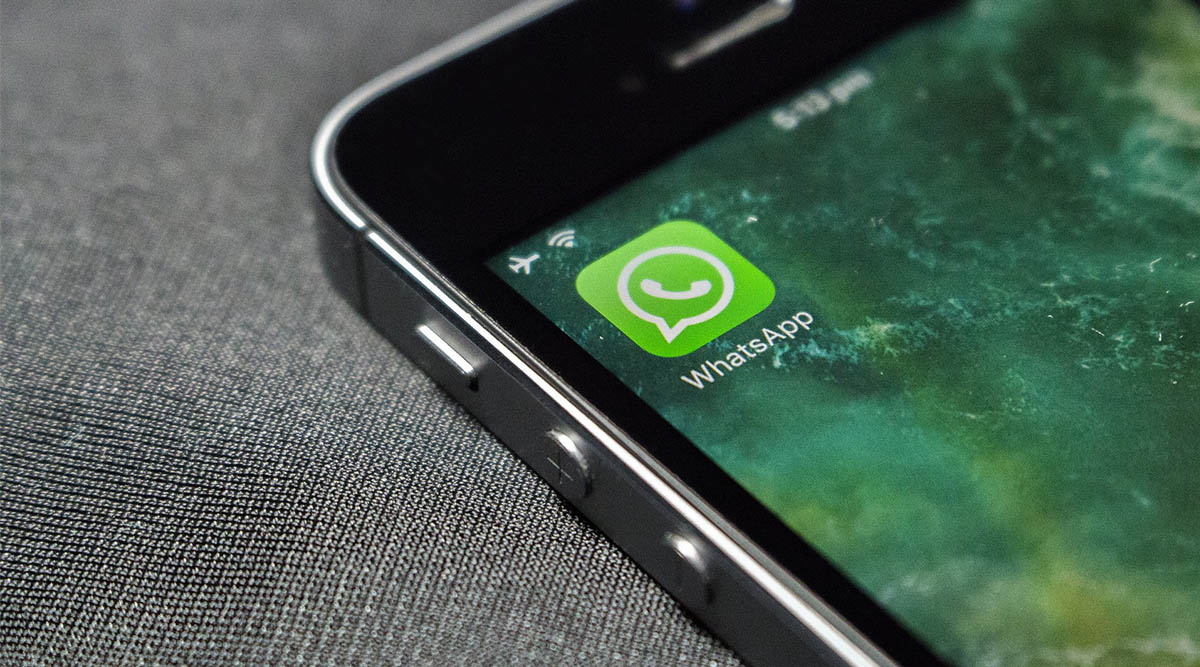According to WhatsApp’s monthly user safety report, the instant messaging service banned over 2.3 million Indian users in the month of August alone. And if you unknowingly spam your contacts with unverified information, there is a chance that your account might end up getting banned too. Even if your WhatsApp usage was well-intentioned, you risk your account getting banned if your activity violates the company’s Terms of Service agreements.
For example, if WhatsApp’s systems identify your usage as a scam, spam or liable to put other users’ safety at risk, it could ban your account. WhatsApp uses a variety of security measures and processes to decide when to ban users and this includes spam detection technology that automatically takes action against users it detects as engaging in abnormal behaviour. Here are some tips that can help you ensure that your account does not get banned accidentally.
Think twice before forwarding messages
WhatsApp has already created a label for forwarded messages that tells users when messages have been forwarded many times. It also limits the number of times that users can forward messages. In case you are not sure whether a message you received is not true or if you are not sure about the source of the message, avoid forwarding it. If a message has the tag ‘Forwarded many times’ on top of it, it is best to avoid forwarding this to every one of your groups, because your behaviour could also get tagged as possible spamming.
Avoid automated and bulk messages
WhatsApp uses a combination of user reports and machine learning technologies to root out and ban accounts that send unwanted automated messages. So make sure that you don’t bulk message, auto-message or auto-dial using WhatsApp.
Don’t overuse broadcast lists
If you send messages using a broadcast list, users will only receive it if they have saved your number as a contact. If you frequently use broadcast messages, it might lead to many people reporting your messages. WhatsApp bans accounts that are reported multiple times such violations.
Respect boundaries and ask for permission
Before you add someone to a WhatsApp group, ask for their permission first. If you add someone to a group and they then remove themselves from it almost immediately, honour their decision and do not try to add them back in again. If someone asks you to stop messaging them, remove them from your contact list and stop messaging them. Only send messages to people who have contacted you or asked you to contact them on WhatsApp.
Don’t violate WhatsApp’s Terms of Service
This is pretty self-explanatory. WhatsApp’s Terms of Service prohibit any sort of behaviours that can fall into the categories of illegal, defamatory, intimidating, harassing, or publishing falsehoods.
What if your account gets accidentally banned?
If your WhatsApp account does get banned for some reason and you think it was a mistake, this is what you need to do. You need to either email WhatsApp or request a review in the WhatsApp app. If you hit the request a review option, you will be sent a 6-digit OTP that you need to enter.
Once you enter the OTP, you can submit your request with details supporting your case. WhatsApp will look at it and get back as soon as the review is complete.
!function(f,b,e,v,n,t,s)
{if(f.fbq)return;n=f.fbq=function(){n.callMethod?
n.callMethod.apply(n,arguments):n.queue.push(arguments)};
if(!f._fbq)f._fbq=n;n.push=n;n.loaded=!0;n.version=’2.0′;
n.queue=[];t=b.createElement(e);t.async=!0;
t.src=v;s=b.getElementsByTagName(e)[0];
s.parentNode.insertBefore(t,s)}(window, document,’script’,
‘https://connect.facebook.net/en_US/fbevents.js’);
fbq(‘init’, ‘444470064056909’);
fbq(‘track’, ‘PageView’);








